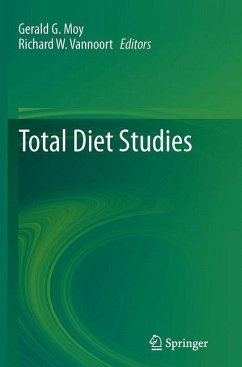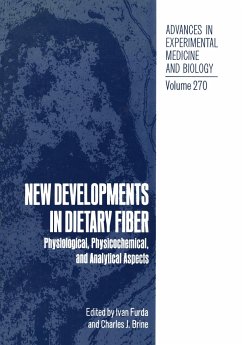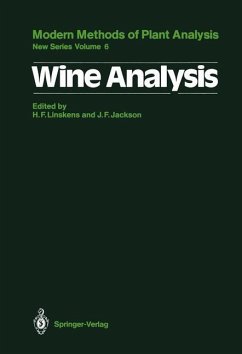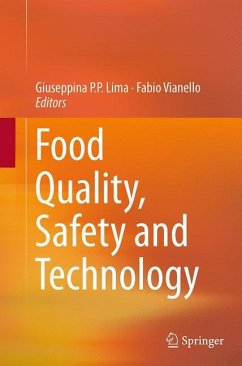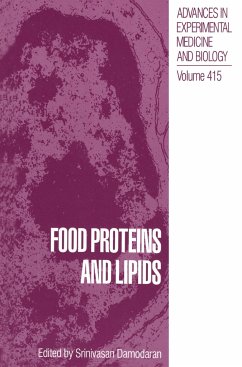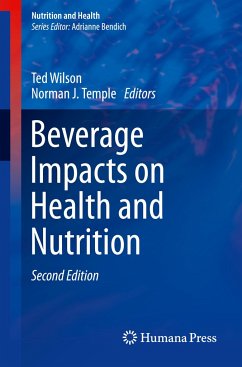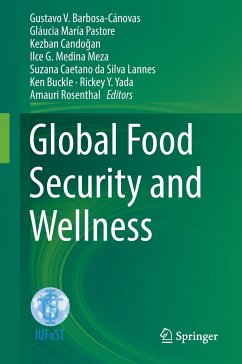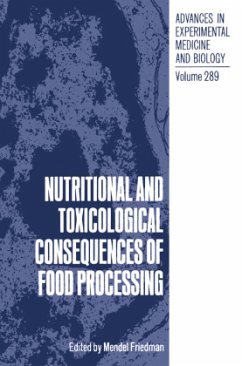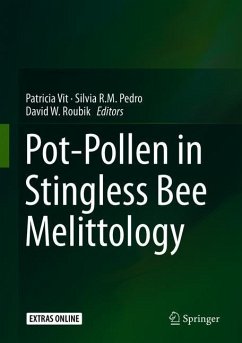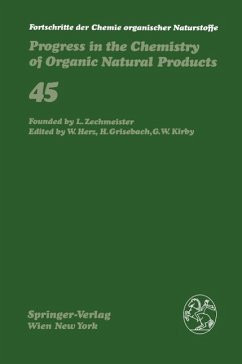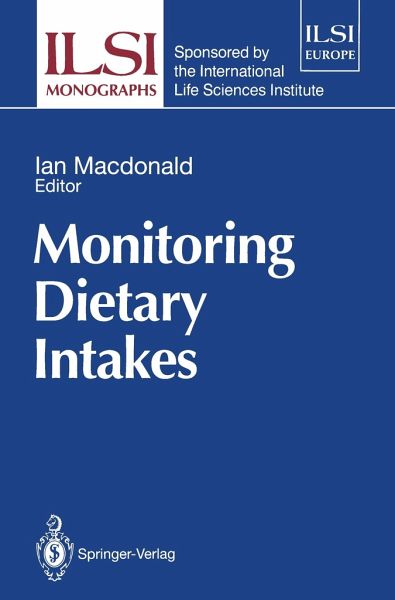
Monitoring Dietary Intakes

PAYBACK Punkte
20 °P sammeln!
The International Life Sciences Institute (ILSI), a nonprofit, public foundation, was established in 1978 to advance the sciences of nutrition, toxicology, and food safety. ILSI promotes the resolution of health and safety issues in these areas by sponsoring research, conferences, publications, and educational programs. Through ILSI's programs, scientists from government, academia, and industry unite their efforts to resolve issues of critical importance to the public. As part of its commitment to understanding and resolving health and safety issues, ILSI is pleased to sponsor this series of m...
The International Life Sciences Institute (ILSI), a nonprofit, public foundation, was established in 1978 to advance the sciences of nutrition, toxicology, and food safety. ILSI promotes the resolution of health and safety issues in these areas by sponsoring research, conferences, publications, and educational programs. Through ILSI's programs, scientists from government, academia, and industry unite their efforts to resolve issues of critical importance to the public. As part of its commitment to understanding and resolving health and safety issues, ILSI is pleased to sponsor this series of monographs that consolidates new scientific knowledge, defines research needs, and provides a background for the effective application of scientific advances in toxicology and food safety. Alex Malaspina President International Life Sciences Institute Preface We live in a changing world. The everyday, ongoing changes in people's habits and the availability of foods in the market lead to continuous changes in food con sumption patterns, changes we need to understand since they play an important role in nutrition as well as toxicology. In nutrition, food intake data provide us with the information needed to exam ine whether, on the one hand, these modifications are still within the limits of nutritional safety and, on the other, whether they offer the possibility of monitor ing the evolution of dietary habits. In toxicology, food intake data are used to calculate the potential intake of sub stances used as additives or substances that enter food as contaminants, such as pesticide residues, packaging materials, and radionuclides.





